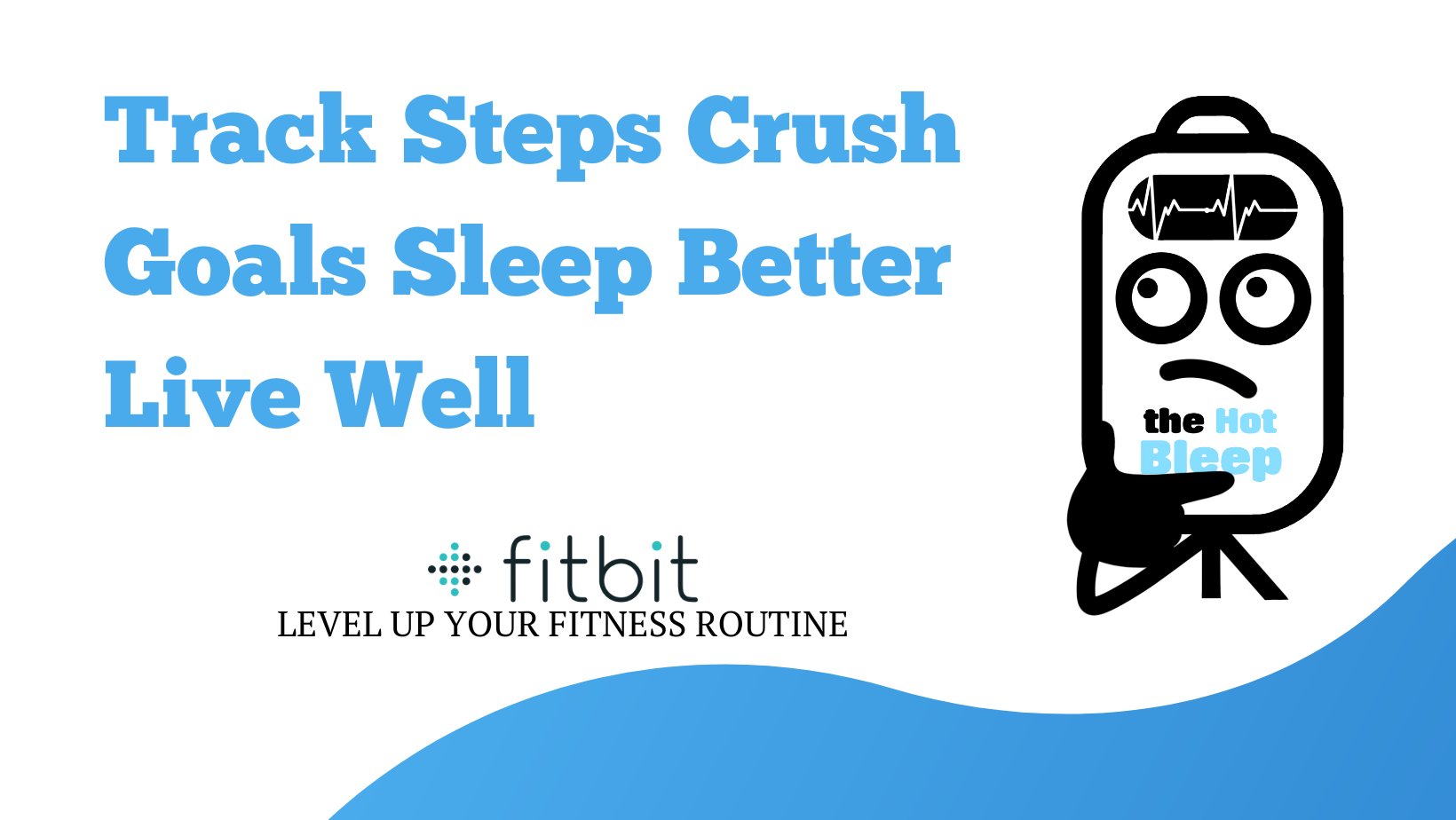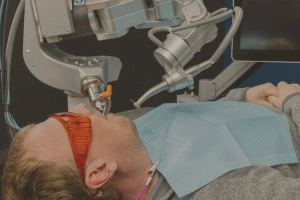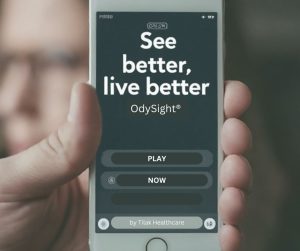Stepping Up and Gearing Up with Fitbit ⌚

Fitbit is a brand of wearable fitness trackers and smartwatches. These devices monitor your daily activity, providing valuable insights into your health and fitness.
KEY FEATURES OF FITBIT
- Tracks steps, distance, and calories burned: Stay motivated by monitoring your daily activities.
- Monitors heart rate: Gain insights into your heart health and workout intensity.
- Sleep tracking: Understand your sleep patterns and quality of rest.
- GPS tracking: See your pace and distance during outdoor activities (available on some models).
- Smartphone notifications: Stay connected with call, text, and calendar alerts on your wrist.
PROS AND CONS OF FITBIT
Pros:
- Motivation booster: Seeing your activity data can motivate you to move more and reach your fitness goals.
- Improved health awareness: Gain insights into your sleep patterns, heart rate, and overall activity levels.
- Convenience: Track your progress throughout the day without needing your phone.
- Variety of models: Choose from a range of devices to fit your style and budget.
Cons:
- Not a replacement for professional medical advice: While Fitbit provides data, it shouldn’t diagnose medical conditions.
- Battery life: Battery life can vary depending on usage, requiring regular charging.
- Cost: Fitbit devices range in price, with some models requiring additional subscriptions for advanced features.
HOW DOES FITBIT WORK?
Fitbit uses various sensors like accelerometers and gyroscopes to track your movement. These sensors translate your physical activity into data points like steps taken, distance travelled, and calories burned.

WHO CAN BENEFIT FROM FITBIT?
- Fitness enthusiasts: Track workouts, monitor progress, and stay motivated towards fitness goals.
- Individuals seeking a healthier lifestyle: Gain insights into daily activity levels and sleep patterns.
- People looking for gentle motivation: A nudge to move more throughout the day.
DISRUPTING OR IMPROVING HEALTHCARE PRACTICES?
While Fitbit doesn’t replace medical professionals, it can be a valuable tool for:
- Promoting preventative healthcare: Encourages individuals to take a more active role in monitoring their health.
- Providing data for healthcare providers: Trackers can offer valuable data points for doctors and healthcare professionals.
- Enhancing self-awareness: Individuals gain insights into their activity levels, sleep quality, and overall well-being.
TRADITIONAL PRACTICES FEELING THE PINCH?
While Fitbit doesn’t replace medical professionals, it can nudge individuals towards:
- Self-monitoring: Tracking activity levels and sleep patterns can empower individuals to take a more active role in their health.
- Preventative healthcare: Fitbit data can encourage consultations with doctors regarding potential health concerns identified through the tracker.

FITBIT VS. THE COMPETITION: STEPPING UP OR STUMBLING?
Fitbit faces competition from established brands like Apple Watch and emerging players like Samsung Galaxy Watch. Here’s a quick comparison:
| Feature | Fitbit | Apple Watch | Samsung Galaxy Watch |
| Focus | Fitness & Wellness | Multi-functional smartwatch | Fitness & Smartwatch |
| Price Range | $79 – $329 | $279 – $1099 | $199 – $429 |
| Battery Life | Up to 7 days | Up to 18 hours | Up to 4 days |
| Strengths | Wide range of models, strong app integration | Advanced features, cellular connectivity | Fitness tracking, rotating bezels |
CHALLENGES AND LIMITATIONS: NOT A PERFECT FIT FOR EVERYONE?
- Cost: Fitbit trackers can be expensive, especially for models with advanced features.
- Tech Savvy: Using the app and navigating features might require some technical know-how.
- Data Privacy Concerns: Ensuring the security of personal health data is crucial.
THE FUTURE OF FITNESS TRACKERS
- Focus on personalized health: Expect AI-powered features that offer tailored recommendations based on individual data.
- Advanced health monitoring: Integration of features like blood pressure monitoring and stress tracking might become more commonplace.
- Seamless integration: Fitbit devices will likely become even more interconnected with other health and wellness apps.
LONG-TERM IMPACT: A FITTER FUTURE?
Fitbit, along with other wearable tech, paves the way for a future where individuals are:
- More empowered to manage their health: Taking a proactive approach to well-being through self-monitoring and data analysis.
- Encouraged to adopt healthy habits: Wearable trackers can provide motivation and accountability for individuals seeking to improve their fitness.
While limitations exist, Fitbit’s blend of user-friendly features, diverse product range, and focus on promoting a healthy lifestyle make it a significant player in the fitness tracker industry. As technology evolves, we can expect even more advanced health monitoring capabilities and a future where wearable tech becomes an even more integrated part of our well-being journey.










